A 'two-tier society': the new hate crime law in Scotland
New act has been dismissed as 'illiberal' and 'patronising'
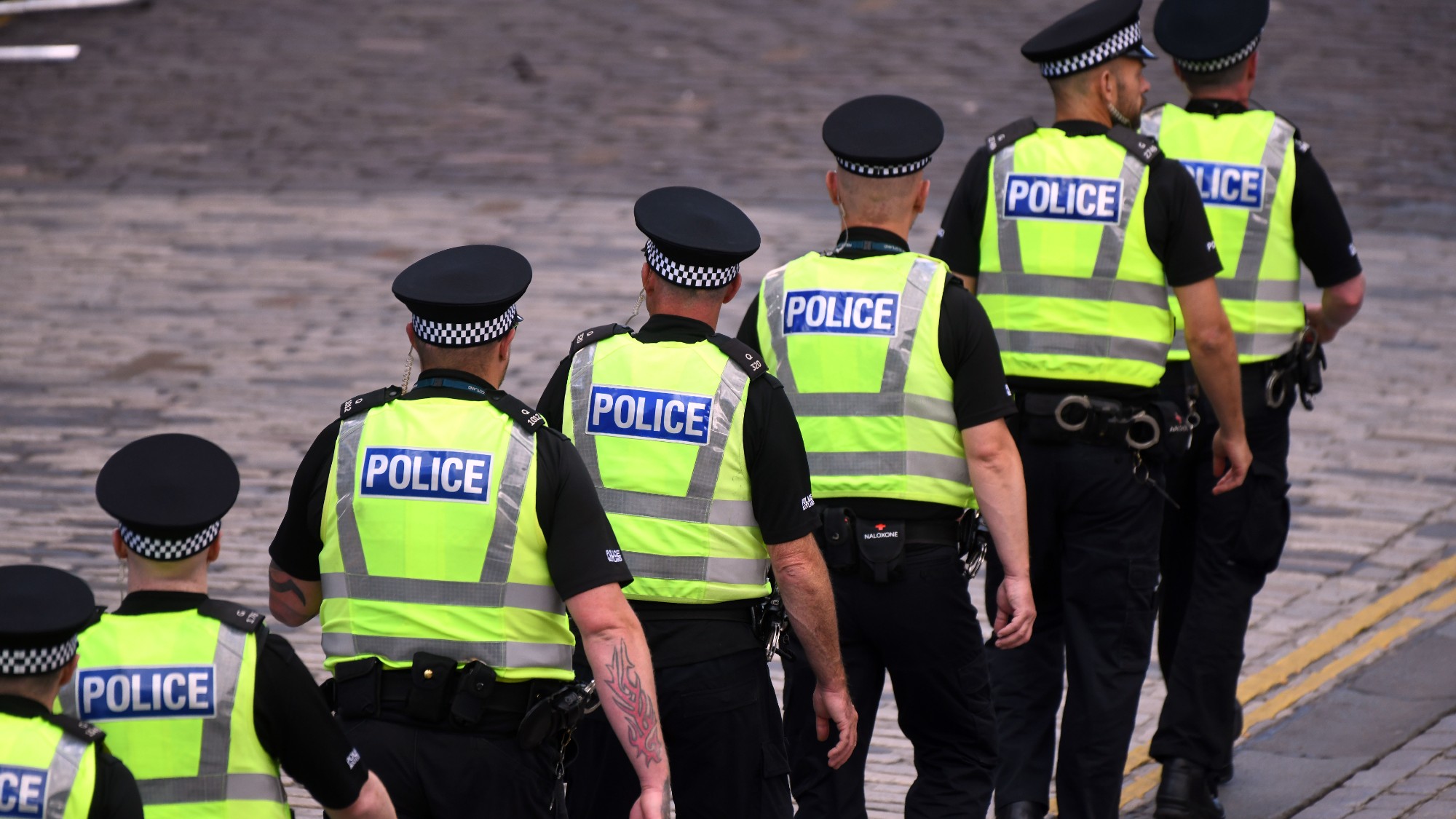
A free daily email with the biggest news stories of the day – and the best features from TheWeek.com
You are now subscribed
Your newsletter sign-up was successful
What do a "sex shop, a mushroom farm and a 'hate monster' have in common?" asked the BBC.
They're all at the heart of a "blazing row" about "prejudice, offence and freedom of speech", ignited by the Hate Crime and Public Order (Scotland) Act, which comes into force on 1 April. Supporters say the new legislation is a "serious and essential attempt to make Scotland a more tolerant society", said the broadcaster's Scotland editor James Cook.
But critics claim the "illiberal" law is a "scandal".
The Week
Escape your echo chamber. Get the facts behind the news, plus analysis from multiple perspectives.

Sign up for The Week's Free Newsletters
From our morning news briefing to a weekly Good News Newsletter, get the best of The Week delivered directly to your inbox.
From our morning news briefing to a weekly Good News Newsletter, get the best of The Week delivered directly to your inbox.
'Two-tier society'
The new legislation criminalises threatening or abusive behaviour that is intended to stir up hatred against someone who possesses, or appears to possess, certain characteristics related to age, disability, religion, sexual orientation, transgender identity or variations in sex characteristics. Race is already included under the Public Order Act 1986, but the controversial omission of sex has been criticised by some feminist groups.
Scotland is about to become a "two-tier society" where "some folk are given protection by the law from some kinds of hate crimes, while others will simply have to suck up abuse", wrote Jim Spence for The Courier. For example, "while it will be an offence to stir up hate against trans folk", it "won't break the law to stir up hate against women".
Harassment or threatening behaviour is already illegal, so the purpose is "clearly to criminalise speech which some minority groups find offensive or abusive", said Iain Macwhirter in The Spectator. "It gives carte blanche to anyone who feels they have been misgendered, ridiculed, or that their religion has been disrespected, to leap to their nearest reporting centre to ventilate their hurt feelings."
Third-party "reporting centres" will allow victims or witnesses who don't feel comfortable going to the police to make an allegation. The inclusion of places such as a mushroom farm in East Lothian and Luke and Jack's sex shop in Glasgow has "raised eyebrows", said the BBC's Cook.
A free daily email with the biggest news stories of the day – and the best features from TheWeek.com
An awareness campaign for the new law has also drawn criticism. The Police Scotland video, featuring a cartoon character called the hate monster who gets "bigger and bigger" until he's "weighing ye doon", has been accused of "trivialising hate crimes", said The Sun.
'Shadowboxing phantoms'
Critics of the new law are "shadowboxing phantoms", wrote Andrew Tickell for The Herald. The act has "plenty of safeguards". Although it does provide for stiffer sentences for offenders convicted of crimes deemed to be "aggravated by prejudice", the "aggravators" don't criminalise any conduct that is currently legal. And "contrary to what's been asserted", the act "does not say that offences are aggravated by hatred just because the victim feels that way".
Similarly, said Tickell, "stirring up" offences have "been on the British statute book for decades".
Meanwhile, the founders of a sex shop in Glasgow's Merchant City have defended its role as a third-party reporting centre. "We're not actually taking any of the information ourselves," Ian Diamond told the BBC. "We're just kind of handholding" and "making sure that the police are getting all the information that is necessary".
First Minister Humza Yousaf insisted that the bill "sent a strong and clear message to victims, perpetrators, communities and to wider society that offences motivated by prejudice will be treated seriously and will not be tolerated".
"I don't know about you", said Tickell, but if a "knuckle-dragging bigot spits on a priest" while "gobbing up anti-Irish and anti-Catholic slurs, I have no problem with classifying that as a hate crime".
Chas Newkey-Burden has been part of The Week Digital team for more than a decade and a journalist for 25 years, starting out on the irreverent football weekly 90 Minutes, before moving to lifestyle magazines Loaded and Attitude. He was a columnist for The Big Issue and landed a world exclusive with David Beckham that became the weekly magazine’s bestselling issue. He now writes regularly for The Guardian, The Telegraph, The Independent, Metro, FourFourTwo and the i new site. He is also the author of a number of non-fiction books.
-
 The ‘ravenous’ demand for Cornish minerals
The ‘ravenous’ demand for Cornish mineralsUnder the Radar Growing need for critical minerals to power tech has intensified ‘appetite’ for lithium, which could be a ‘huge boon’ for local economy
-
 Why are election experts taking Trump’s midterm threats seriously?
Why are election experts taking Trump’s midterm threats seriously?IN THE SPOTLIGHT As the president muses about polling place deployments and a centralized electoral system aimed at one-party control, lawmakers are taking this administration at its word
-
 ‘Restaurateurs have become millionaires’
‘Restaurateurs have become millionaires’Instant Opinion Opinion, comment and editorials of the day
-
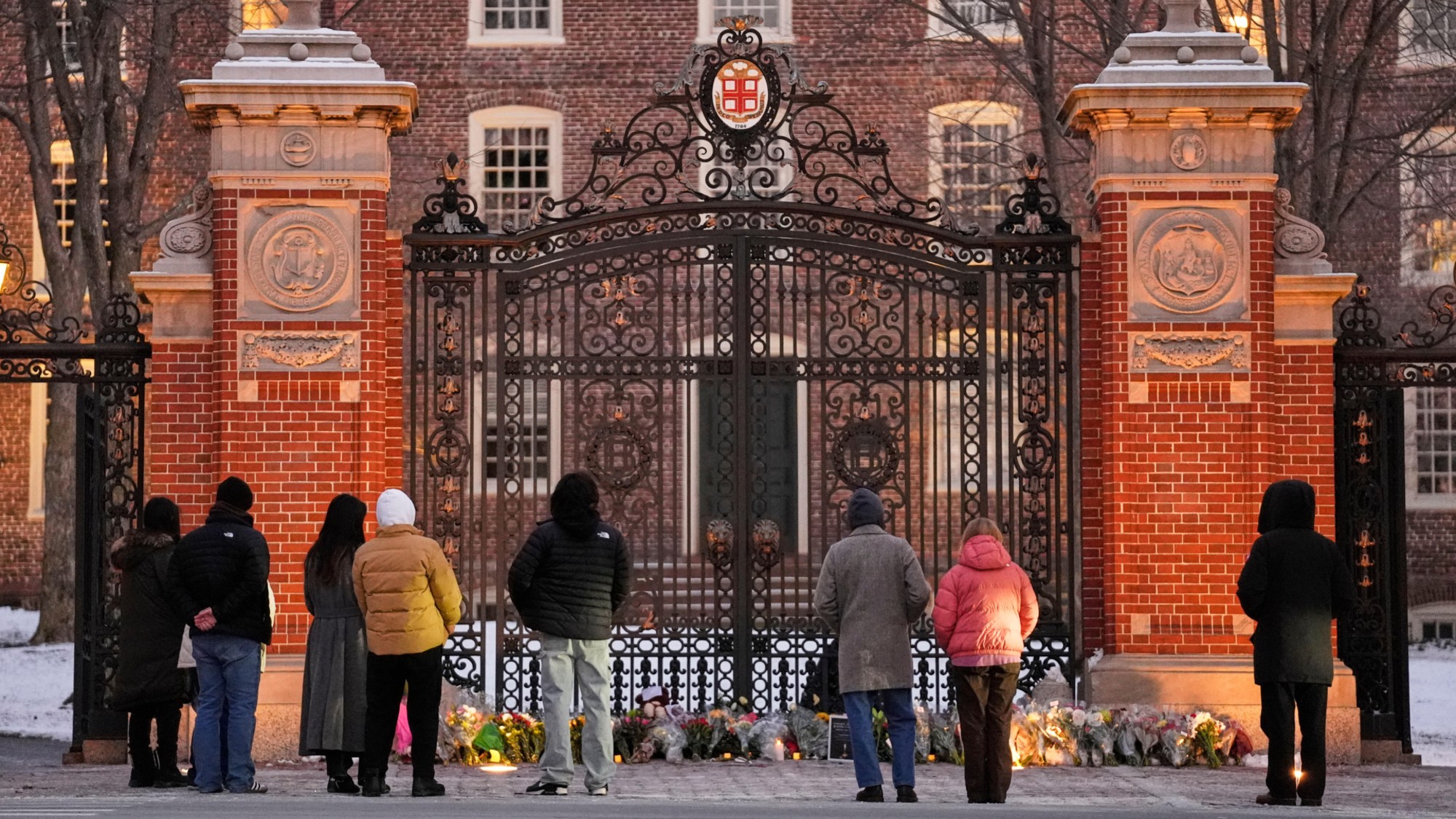 Campus security is under scrutiny again after the Brown shooting
Campus security is under scrutiny again after the Brown shootingTalking Points Questions surround a federal law called the Clery Act
-
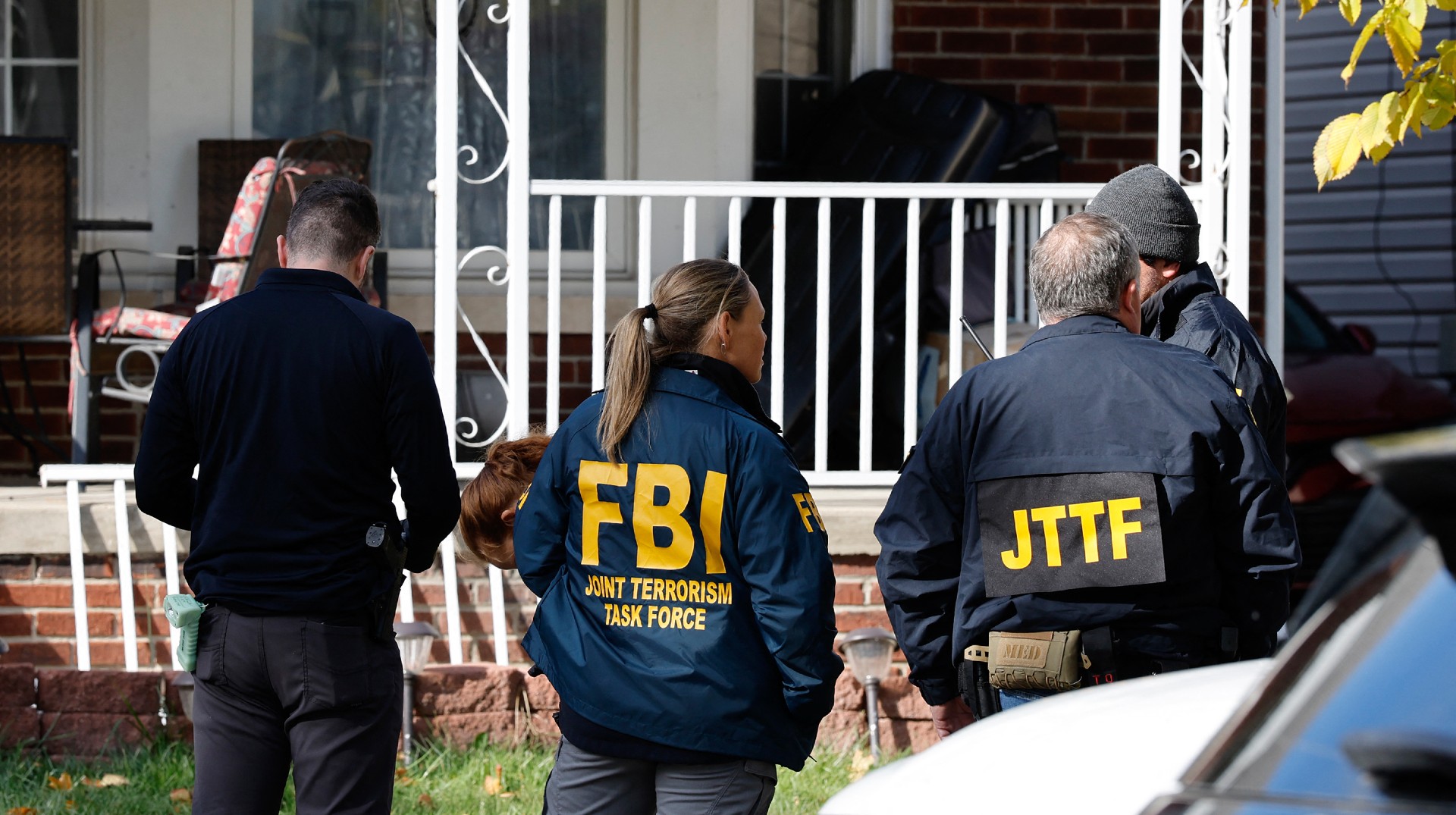 Two men accused of plotting LGBTQ+ attacks
Two men accused of plotting LGBTQ+ attacksSpeed Read The men were arrested alongside an unidentified minor
-
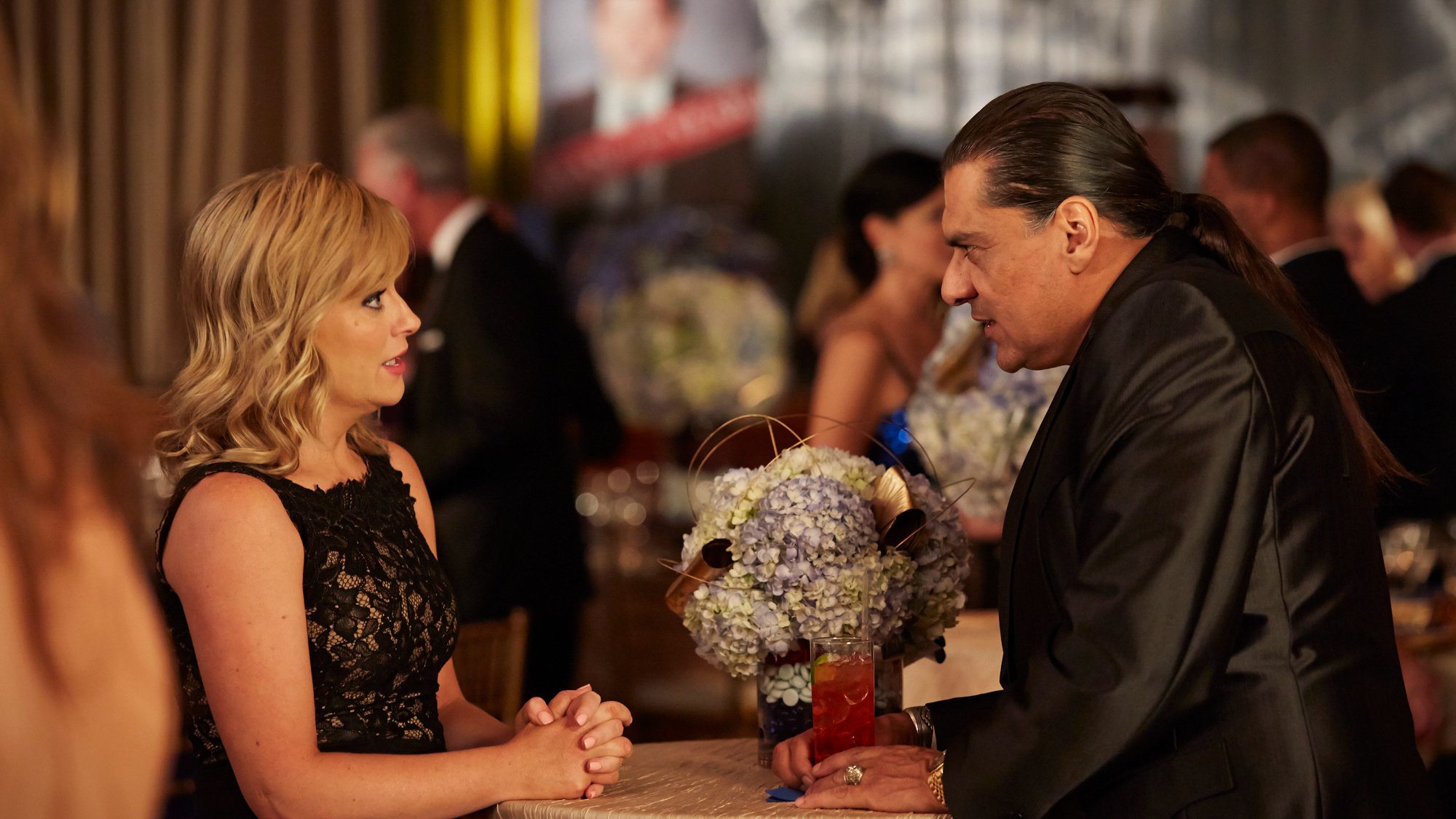 'King of the Hill' actor shot dead outside home
'King of the Hill' actor shot dead outside homespeed read Jonathan Joss was fatally shot by a neighbor who was 'yelling violent homophobic slurs,' says his husband
-
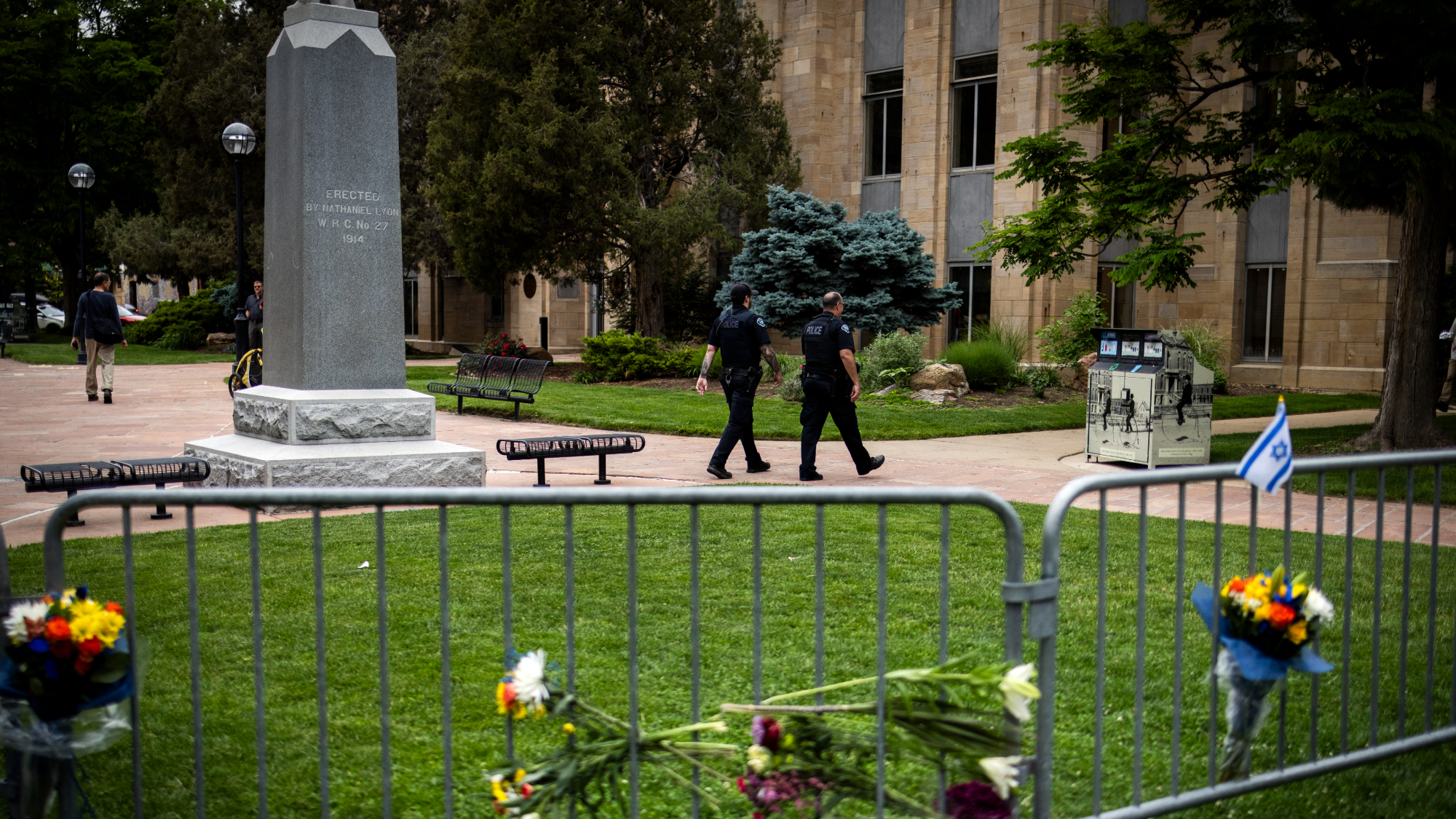 DOJ, Boulder police outline attacker's confession
DOJ, Boulder police outline attacker's confessionspeed read Mohamed Sabry Soliman planned the attack for a year and 'wanted them all to die'
-
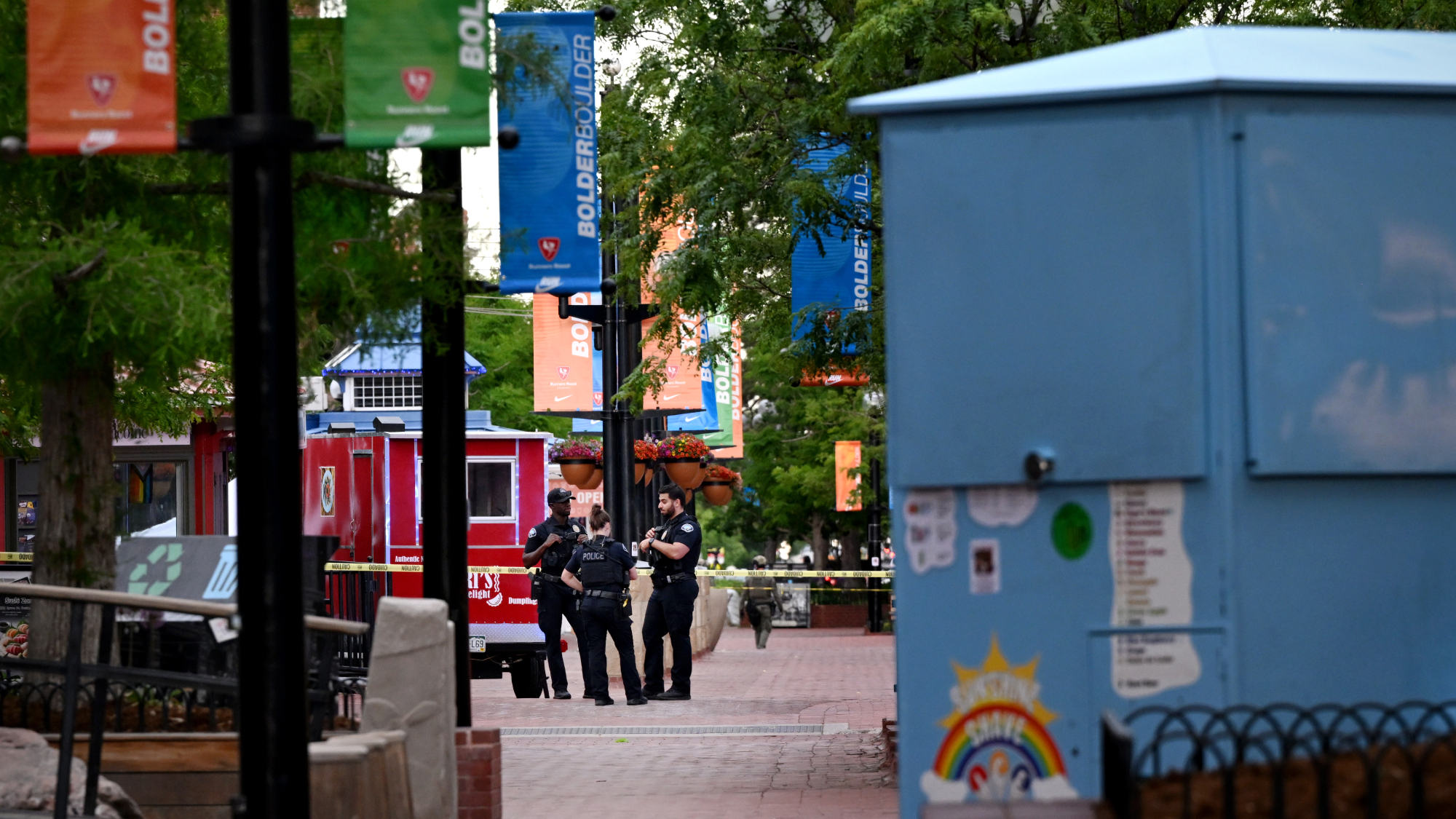 Assailant burns Jewish pedestrians in Boulder
Assailant burns Jewish pedestrians in Boulderspeed read Eight people from the Jewish group were hospitalized after a man threw Molotov cocktails in a 'targeted act of violence'
-
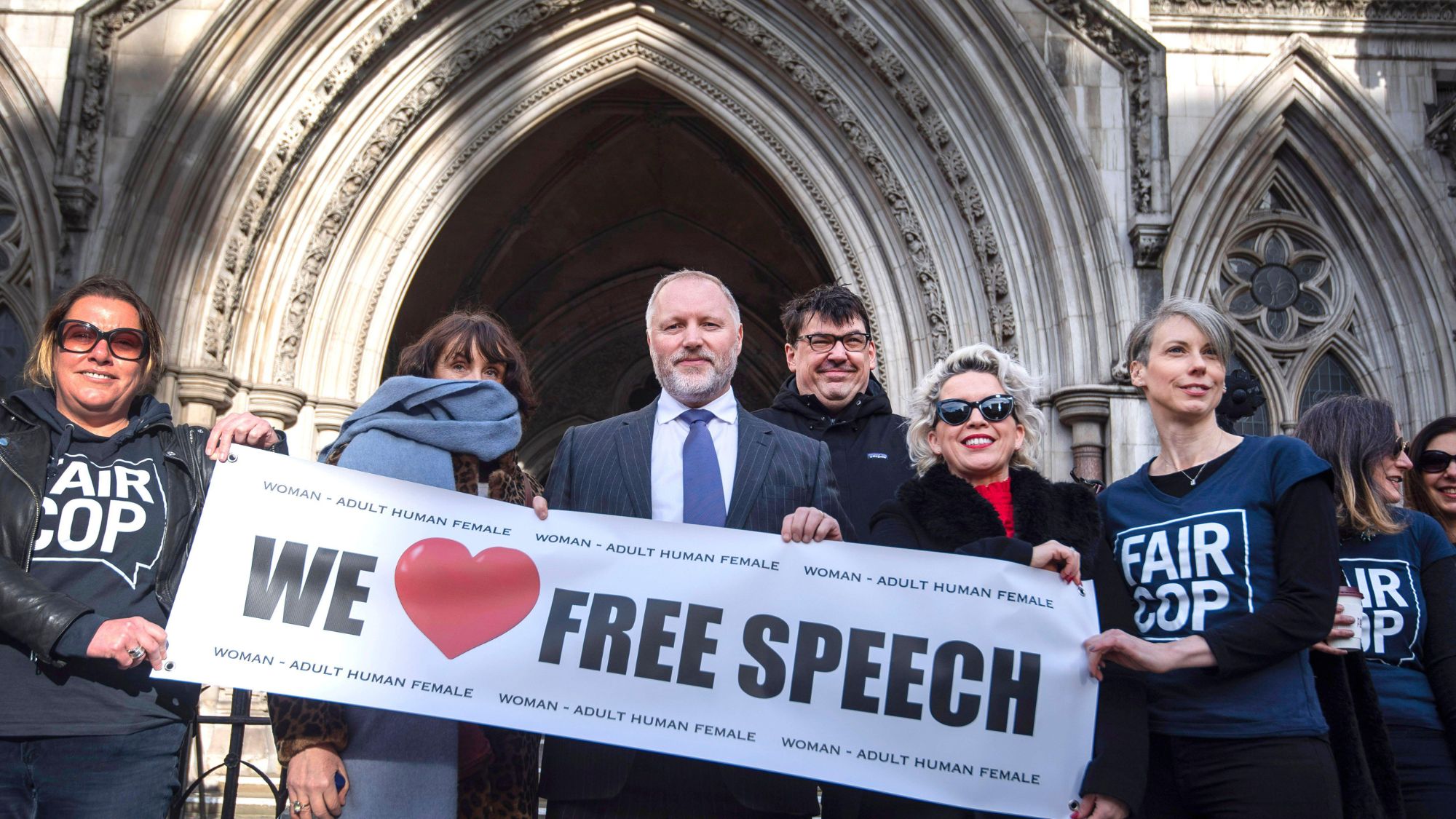 NCHIs: the controversy over non-crime hate incidents
NCHIs: the controversy over non-crime hate incidentsThe Explainer Is the policing of non-crime hate incidents an Orwellian outrage or an essential tool of modern law enforcement?
-
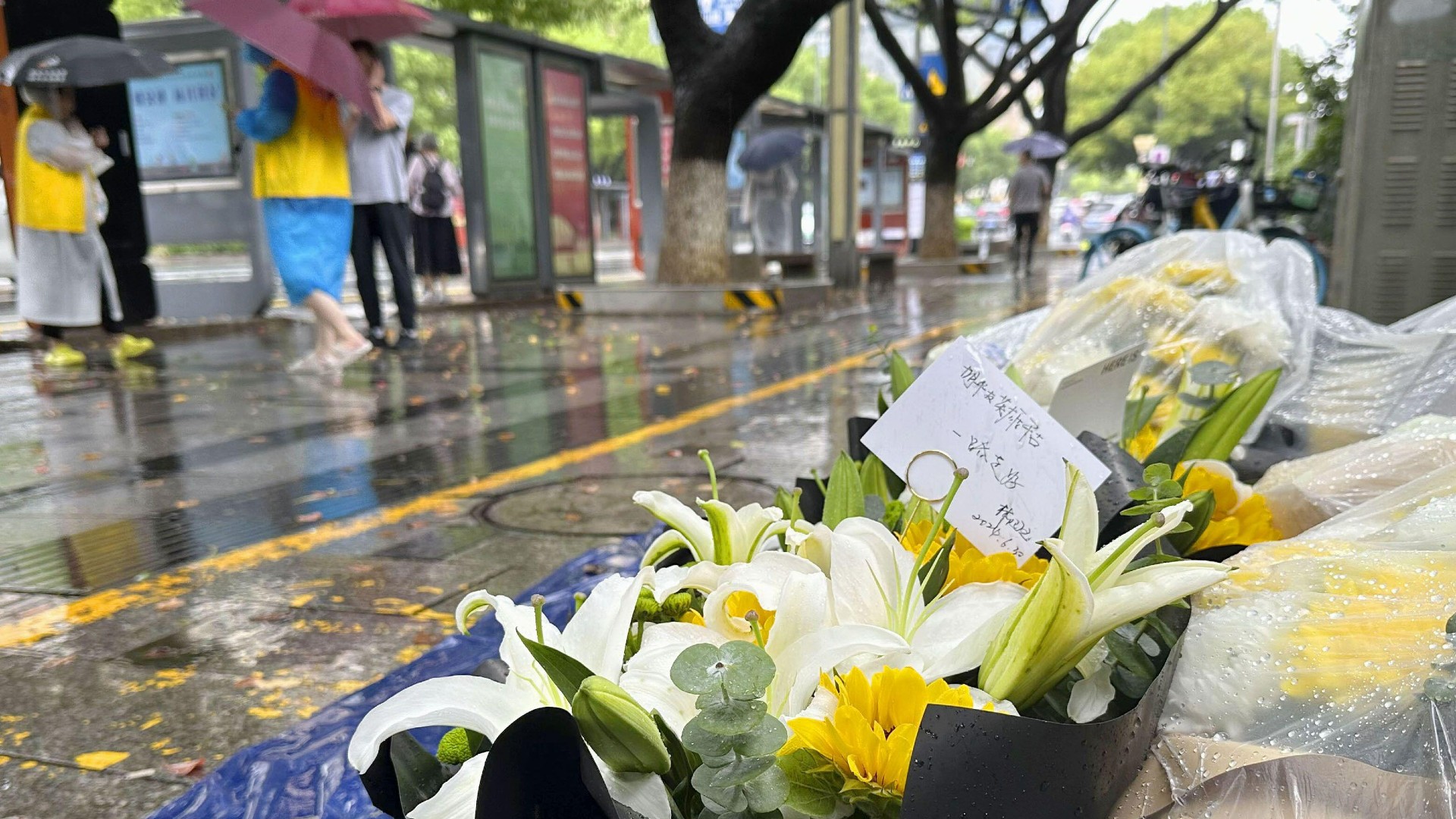 A bus stop tragedy and China's anti-Japanese rhetoric
A bus stop tragedy and China's anti-Japanese rhetoricTalking Point Suzhou attack described as the product of 'decades of hate education'
-
 French schools and the scourge of teenage violence
French schools and the scourge of teenage violenceTalking Point Gabriel Attal announces 'bold' intervention to tackle rise in violent incidents